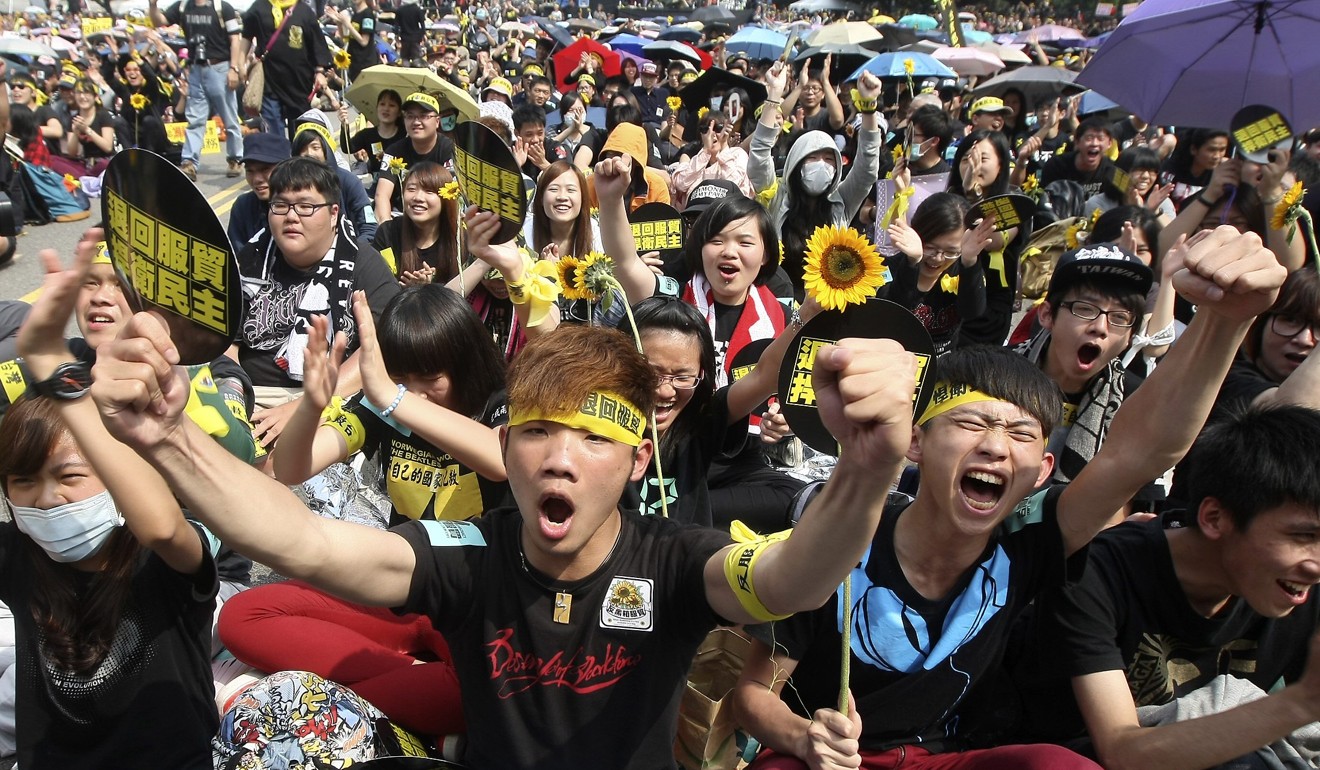
Three reasons why same-sex marriage is still a no go in Taiwan and Hong Kong
- Anson Au says demographic and political barriers, like Taiwan’s low fertility rate and voter unhappiness, are blocking the legalisation of same-sex marriage
- There are lessons here for Hong Kong, and the rest of Asia: more has to be done to lay the groundwork for progress
From the perspective of political sociology, there are multilayered reasons for the referendum outcome, and important lessons to be learned about the political instruments needed for the passing of groundbreaking legislation like same-sex marriage laws in Hong Kong and Taiwan. Altogether, there are three factors that influence the legalisation of same-sex marriage.

Second, there are institutional factors. Authoritarian states maintain their power by controlling all important social institutions: they say what marriage is and what it isn’t, and people fall in line with state regulations. Democratisation, by contrast, increases the likelihood of same-sex marriage legalisation. Power is shared, and public opinion is allowed to shape policy.
Although Taiwan is famously democratic – and although homosexuality has been decriminalised on the island since 1896 – it lacks a history in building LGBT-friendly policies: the groundwork that has to be laid to improve LGBT rights, establish social tolerance and achieve marriage equality. Here, the Scandinavian countries offer an illuminating example. Norway and Sweden introduced marriage-neutral family policies long before both legalised same-sex marriage in 2009. Baby steps matter. The fight for the legalisation of same-sex marriage in Asia could take years and activists in Taiwan and Hong Kong should start with smaller targets and more immediate issues, like combating discrimination on the grounds of sexual orientation in the workplace.

With regard to same-sex marriage, however, there has not been an equally powerful social movement in Taiwan. Moreover, the KMT have turned the tables on the DPP. This time, contempt for the DPP bred sympathy for the KMT. And, just as voters had chosen the independence-leaning DPP to spite the China-friendly KMT the last time, they tilted back towards the conservative KMT this time, to spite the progressive DPP, and turned their backs on alternative causes like same-sex marriage.
Ultimately, the road ahead for marriage equality in Asia is long: activists must soldier on despite public hostility and wait for the right time to pursue their political strategy. A victory will not depend on who is in power, but how power is harnessed. A more equal society won’t arrive tomorrow, but it will when we realise that giving other people rights takes nothing away from us – and that a progressive society benefits all.
Anson Au is a scholar and writer whose work covers culture, health and politics. He is currently a visiting scholar at the Seoul National University Asia Centre and at Yonsei University, as well as a PhD student in sociology at the University of Toronto

